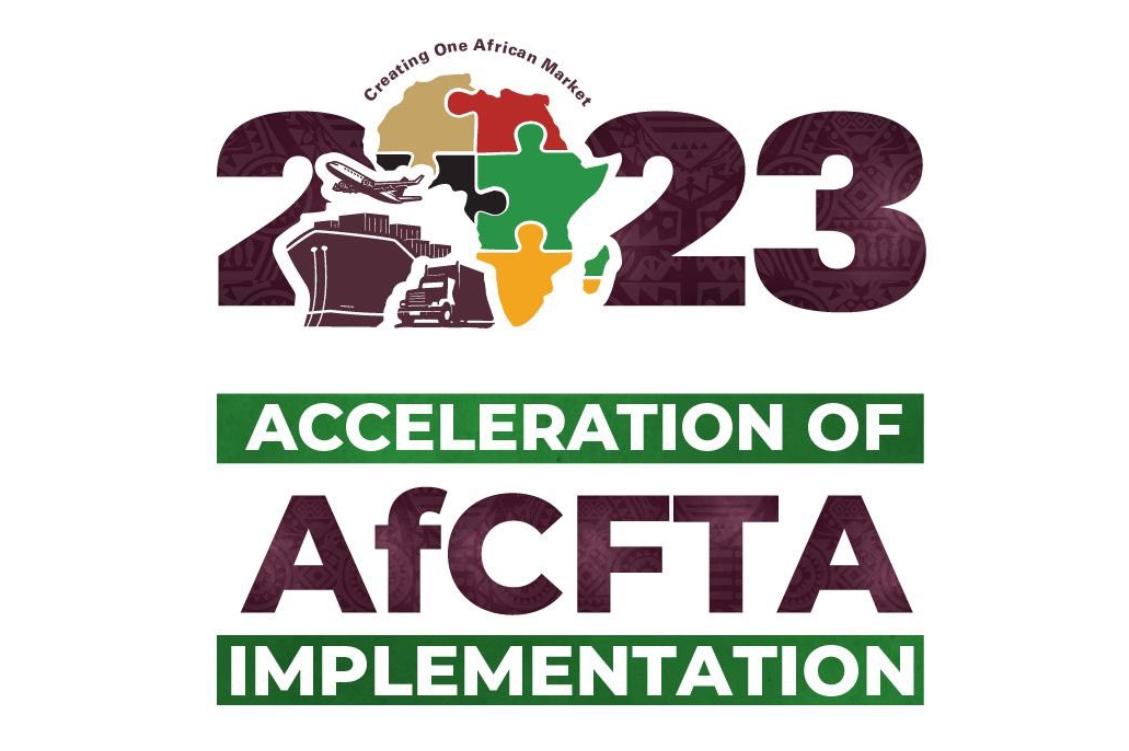For centuries, Africa has been a vital hub of global trade, from the ancient trans-Saharan trade routes to the Swahili coast’s maritime commerce. Yet, in the modern era, the continent has struggled to integrate its economies and maximize its trade potential. Now, with the African Continental Free Trade Area (African Union AfCFTA), Africa has a historic opportunity to redefine its economic future and transform the continent.
Will AfCFTA Trade Be Africa’s Breakthrough?
Africa is rich in resources, but its trade patterns have long been dictated by external markets. Over 80% of African exports consist of raw materials such as oil, minerals, and agricultural goods, which are then processed abroad and sold back at higher prices. Meanwhile, intra-African trade remains disproportionately low, making up only 16% of total African exports, compared to 70% in Europe and 52% in Asia.
This imbalance has left African nations vulnerable to global market fluctuations and reliant on foreign industries for finished goods. At the heart of the problem is Africa’s colonial economic legacy, which designed infrastructure and trade networks to serve foreign markets rather than build regional economic ties. As a result, moving goods from one African country to another can be more expensive than trading with Europe or Asia.
But now, with increasing investment in regional trade corridors, there is growing momentum to change this dynamic.
What is AfCFTA?
The African Continental Free Trade Area (AfCFTA) is the largest free trade agreement in the world by number of participating countries, bringing together 1.4 billion people across 55 nations, with a combined GDP of $3.4 trillion. According to the World Bank, AfCFTA could lift 30 million people out of extreme poverty and boost Africa’s income by $450 billion by 2035 (World Bank Report). Officially launched in 2021, AfCFTA aims to:
- Eliminate tariffs on 90% of goods
- Reduce trade barriers and increase market access
- Create a single African market
AfCFTA’s Economic Impact: How It Can Boost African Trade
The potential impact of AfCFTA is immense:
- Boost intra-African trade by over 50%
- Accelerate industrialization across the continent
- Create millions of new jobs
- Reduce dependence on external markets by encouraging trade within Africa
The Role of Regional Economic Communities (RECs)
While AfCFTA is a continent-wide agreement, its success depends on Africa’s existing Regional Economic Communities (RECs). Organizations like:
- The Economic Community of West African States (ECOWAS)
- The Southern African Development Community (SADC)
- The East African Community (EAC)
- The Common Market for Eastern and Southern Africa (COMESA)
…have already been working to integrate economies at the regional level.
Some regions have made significant progress:
- The EAC has implemented a customs union and common market, allowing for easier movement of goods and labor.
- ECOWAS is pushing for a single regional currency.
- SADC has developed a regional industrialization strategy.
If these regional efforts align with AfCFTA, the potential for economic transformation will be even greater.
Beyond Raw Materials: Africa’s Industrial Future
Africa’s future depends not just on trade, but on what it trades. The continent must move beyond exporting raw materials and focus on manufacturing and value-added industries.
Some African nations are already leading the way:
- Ethiopia has developed thriving textile industries.
- Rwanda has successfully built a domestic smartphone manufacturing sector.
- Nigeria and Ghana are advancing their automotive industries, producing vehicles for local and regional markets.
With AfCFTA reducing trade barriers, African industries have a chance to grow without relying on external supply chains. If properly supported, Africa’s industrial sector could:
- Create millions of jobs
- Boost exports
- Reduce dependence on imports
- Position Africa as a competitive global player
Technology’s Role in AfCFTA & African Trade
Technology is changing how Africa does business. The rise of mobile banking, e-commerce, and digital trade platforms is making it easier than ever for African businesses to connect with customers and suppliers across borders.
Platforms like:
- Flutterwave (Payments & fintech)
- Jumia (E-commerce)
- M-PESA (Mobile money)
…are revolutionizing trade, making transactions seamless even in regions with limited banking infrastructure.
Digital trade is expected to play a critical role in AfCFTA’s success. By leveraging:
- E-commerce to expand market access
- Blockchain technology to improve supply chain transparency
- Fintech solutions to simplify cross-border payments
…Africa can accelerate trade and entrepreneurship, creating new opportunities for small businesses and startups.
The Future of Africa’s Economic Integration
The future of Africa is one of economic integration. With AfCFTA, regional African trade agreements, infrastructure investment, and digital transformation, the continent has a historic opportunity to unlock its full potential.
Will Africa Seize the Opportunity?
But will African nations work together to break down barriers and build a truly united market? The answer will determine Africa’s place in the global economy for generations to come.
📌 Related: Fastest Growing Economies in Africa (2025)
📌 Related: A Path to Economic Independence
